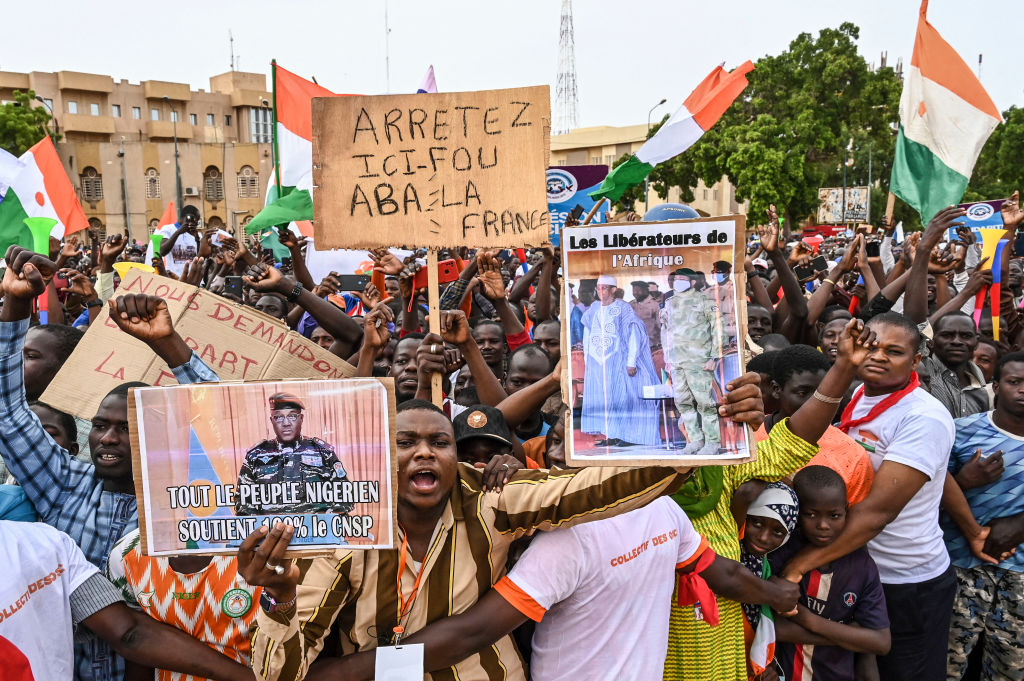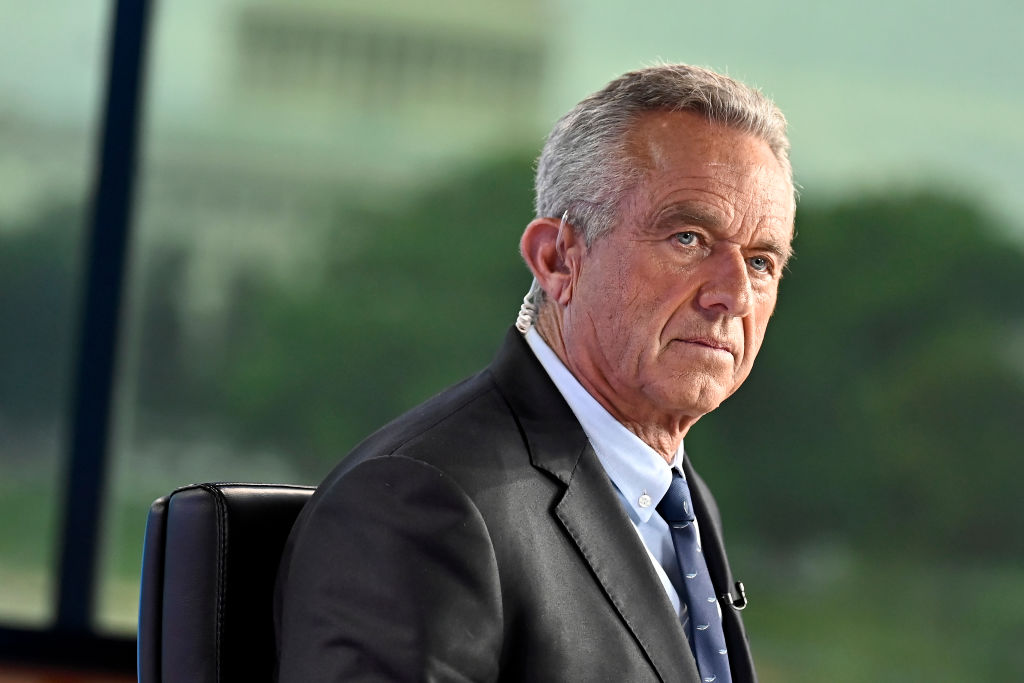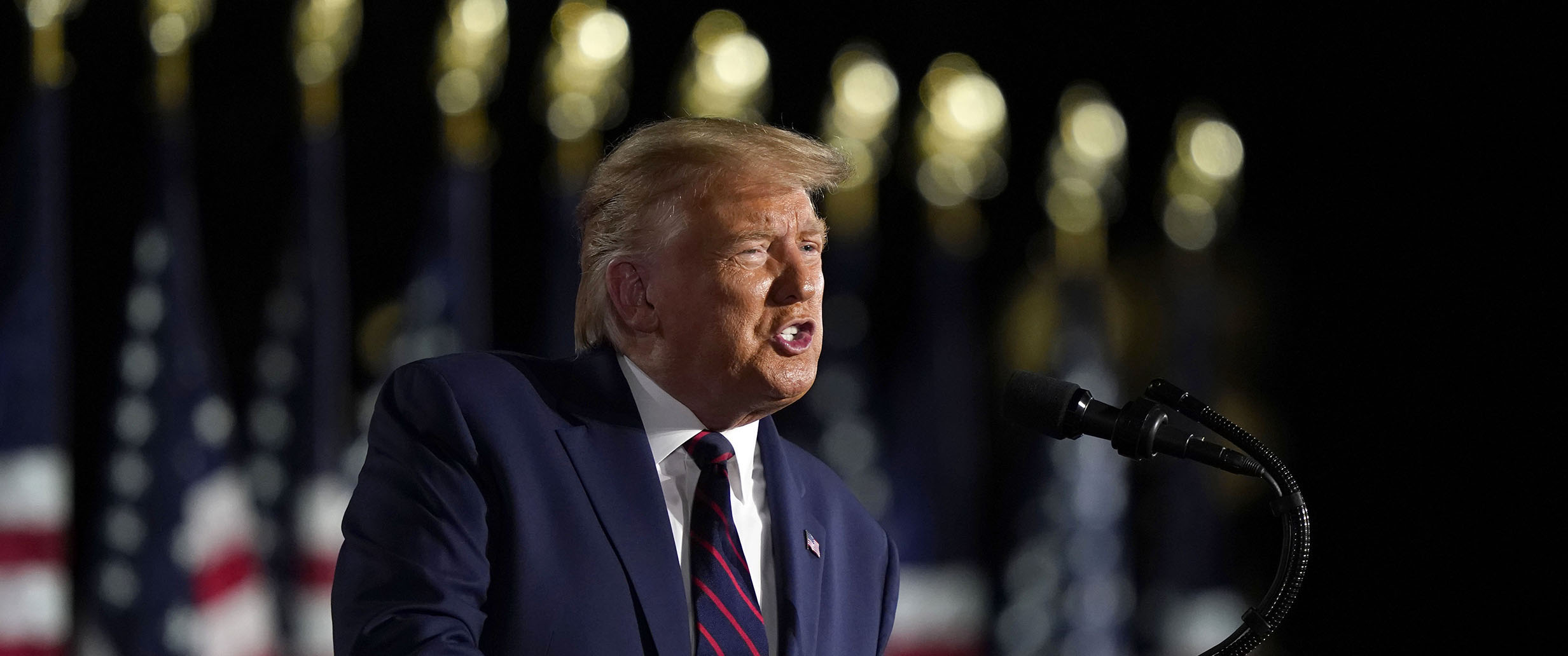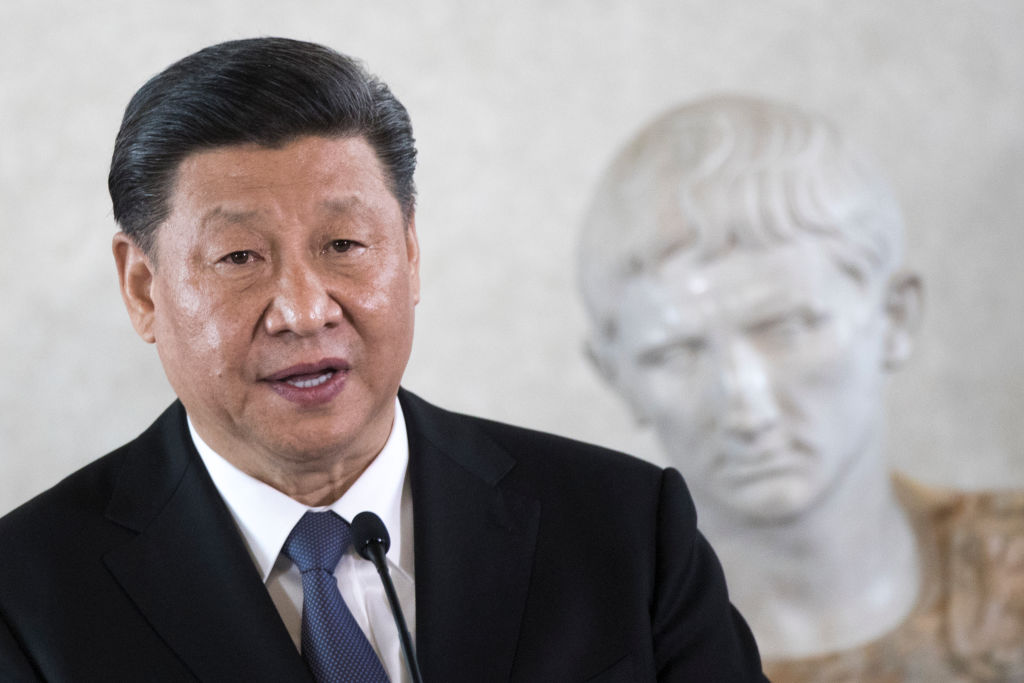U.S. meddling in West Africa will backfire.
Ukraine Hawks

The drumbeat for war pounds on with virtually no official opposition.
For those who see the Ukraine war not only as a tragic waste of life and treasure, but as a vehicle on a glide path toward a broader and more horrific catastrophe, the month before the U.S. midterm elections appeared, for a short time at least, to give reasons for optimism. Republicans seemed poised to win dramatically in the midterms. GOP House leader Kevin McCarthy—his ear attuned to the opinions of his members—said Congress wouldn’t “write a blank check” for Ukraine funding under GOP leadership, a view which reflected polls showing that Republican voter support for sending more aid to Ukraine had dipped below 50 percent. In the past six months, the number of Republicans saying the U.S. was doing “too much” to help Ukraine had risen from 6 percent to 48 percent. McCarthy was quickly contradicted by Senate minority leader Mitch McConnell, but even the disagreement held the promise of debates in Congress and beyond about appropriate goals for the United States in the Ukraine war. Commonly stated reasons for the Republican voter turnabout were not strategic but standard America First fare—“we need to take care of people in our country” was a typical sentiment offered by poll respondents.
On the other side of aisle, in late October, 30 members of the Democratic Party’s left-wing Progressive Caucus signed a letter lauding Ukraine for its courageous resistance and for inflicting upon Russia an historic military defeat, while praising the Biden Administration’s military support for making Ukraine’s resistance possible. But the letter went on to point to the risk of nuclear escalation the longer the war continued and called for the Biden Administration to initiate a “proactive diplomatic push” toward a ceasefire. This too seemed to promise at least the beginning of debate within and outside Congress, and one could even contemplate bipartisan fraternization between cautious Republicans and Democrats.
That idea lasted all of 24 hours. Greater powers in the Democratic Party than the Progressive Caucus stepped in to accuse the dovish signers of “offering an olive branch to a war criminal.” Few know what went on behind Speaker Pelosi’s office door, but the result was brutally clear—Pramila Jayapal, the chair of the caucus, abruptly withdrew the letter, blaming unnamed staff for releasing it “without vetting.” There has been some pushback in progressive ranks—the charismatic podcaster and former Bernie Sanders press secretary Briahna Joy Gray has been eloquent in her defense of the letter and the sentiments behind it. But the blunt fact is that 30 members of Congress expressed public concern about peace, war, and nuclear escalation and almost all of them immediately retracted their opposition when confronted by party leadership.
Further expression of worry of where the Ukraine war was headed came from Charles Kupchan, a Georgetown professor and National Security Council member during the Obama and Clinton administrations. Kupchan is plainly neither an “America First” type nor a card-carrying progressive but a liberal internationalist in good standing (as well as being an accomplished academic). His New York Times op-ed praised the Biden Administration for arming Ukraine and treating the war as a strategic priority, and lauded Ukraine’s courageous successes against Moscow’s “predatory ambition.” But like the evanescent missive from congressional progressives, he called for greater efforts toward starting peace negotiations. He noted that though Ukraine’s successes were “welcome,” there were potential significant differences between Ukraine’s war aims and those of the United States.
The underlying military reality is that Ukrainian forces have proven far superior to the Russians in morale and are now both better trained and better armed. To a Pentagon which has often (Vietnam, Afghanistan) struggled with allies and clients who fail to fight well with American weaponry, Ukrainians are ideal proteges. To the extent that the Ukraine war is governed by artillery—a term which now includes rockets—Ukrainians equipped with the Pentagon’s so-called HIMARS mobile rockets have a decisive advantage. Their range exceeds what the Russians have by roughly 7 miles, so Ukraine can effectively target Russian troops and supply lines from areas where Russians can’t reach. Ukrainian victories, including most recently the recapture of the regional capital Kherson (part of territory “annexed” by Putin a few short weeks ago), are no surprise to those paying close attention to the capabilities of both armies.
One can reasonably expect that Ukraine will keep winning. Its leaders have proclaimed they intend to take back all captured Ukrainian territory, including Crimea, which Russia seized in 2014, in the wake of an American supported coup (or revolution) that forced out the elected pro-Russian president of Ukraine. But one issue is that Crimea is historically and demographically more Russian than it is Ukrainian (it was transferred to Ukraine in 1954, when Ukraine was part of the Soviet Union). It is also the site of Russia’s Black Sea fleet, and its most important naval base. It is difficult to imagine any Russian leader who would not fight to keep it with every method at his disposal.
What Kupchan and the signatories of the withdrawn progressive letter are worried about is that Ukraine, with its superior American arms, will become so successful that a cornered Moscow will roll the dice and use nuclear weapons to stave off what looms as a nation-destroying defeat. As Kupchan diplomatically put it, while Ukraine’s war aims are “morally and legally warranted,” “they may not be prudent.” Prudent is an easily mocked old fashioned word (George H.W. Bush’s use of it was a regular punch line on Saturday Night Live), but it has a certain weight when discussions of nuclear weapons are concerned. The great French thinker Raymond Aron devoted a lengthy discussion to the “morality of prudence” in his monumental Peace and War—arguing against excessively bold attempts to bring about the dismantlement of the Soviet Union, which (unlike today’s Russia) really did want to destroy Western democracies. The morality of statesmanship, argued Aron, can be best judged by its consequences.
Kupchan’s piece is significant not only for what was said but for who said it—an insider with meaningful ties to the current Democratic foreign policy establishment. Kupchan acknowledges that the Biden Administration was already trying to temper Ukraine’s conduct (it disapproved of the assassination of a Russian nationalist’s daughter) and has thus far resisted Kiev’s request for missile systems which could strike inside Russia. But he wants the Biden Administration to do more to bring Ukraine’s war aims in line with what is plausible for a peace agreement, with concessions on both sides.
I asked Kupchan what the response to his piece had been. There had been none from the administration—no figure privately encouraging him to say more of this, no one saying great, this really needed to be said. Otherwise, Kupchan said, 95 percent of the reaction was “extremely” hostile, in the vein of “How much is the war criminal paying you to say that?” that meets anyone who suggests anything less than unconditional support for Ukraine. I asked him whether he is the tip of the iceberg among liberal internationalists—representative of serious foreboding that the Ukraine war could spin out of control. “If so,” he responded, “it is a very small and isolated iceberg.”
At this writing there will be some at least some new voices in the new Congress—incoming Senator J.D. Vance most notably—who are on record as thinking there are more important uses for American resources than pushing the Russian security establishment up against the wall in the hope that under pressure it submits. But those hoping the election would change the discussion about the Ukraine war inside the Beltway have no reason to be pleased.
The American Mind presents a range of perspectives. Views are writers’ own and do not necessarily represent those of The Claremont Institute.
The American Mind is a publication of the Claremont Institute, a non-profit 501(c)(3) organization, dedicated to restoring the principles of the American Founding to their rightful, preeminent authority in our national life. Interested in supporting our work? Gifts to the Claremont Institute are tax-deductible.
RFK Jr. is making all the right people furious.
The neo-feudal Newsom model has been a disaster.
Ilhan Omar’s bizarre speech must be understood in the broadest sense of “constituency.”
Trump’s instincts point the way out of Biden-style decline.
Taiwan, Xi Jinping, and America’s year of danger






